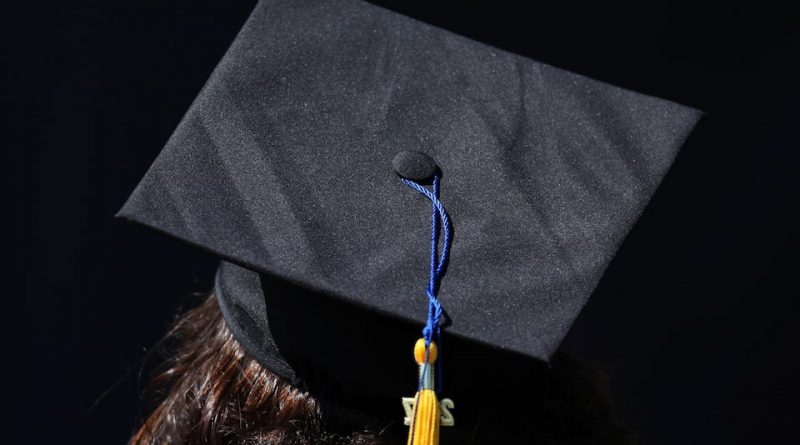One in Five U.S. Law Students Report Disabilities, Highlighting Progress and Growing Awareness
New data shows increasing acknowledgment and inclusivity for law students with disabilities, marking a positive step toward mental health advocacy in legal education.
A new nationwide survey has revealed that one in five law students in the United States identifies as having a disability, with most conditions linked to mental health challenges such as anxiety, depression, and attention-deficit disorders.
This growing openness among students reflects a broader cultural shift within legal education—one that encourages self-identification, awareness, and acceptance of mental health as a vital aspect of overall well-being.
The Law School Survey of Student Engagement, conducted by Indiana University’s Center for Postsecondary Research, gathered insights from nearly 12,000 law students across 62 institutions.
The findings offer a comprehensive understanding of how law schools are evolving to address the needs of students with disabilities and mental health conditions.
It is also an encouraging sign that more students feel comfortable acknowledging their challenges, paving the way for improved institutional support systems and mental health programs.
According to the report, 57% of law students with disabilities experience anxiety, 55% live with attention-deficit or hyperactivity disorders, and 41% face depression.
Notably, 83% of all disabled law students reported at least one mental health or developmental condition, while 12% had a physical disability.
These statistics underscore the prevalence of mental health struggles within law school environments, but also highlight a growing recognition of these issues and the need for compassionate academic practices.
Law schools have begun to take proactive steps to foster inclusivity and provide better emotional and academic support.
While the survey found that disabled students reported lower satisfaction levels with counseling and career advising compared to their non-disabled peers, the increased participation of disabled students in clinics, pro bono initiatives, and student organizations demonstrates their active engagement and resilience.
This indicates a shift toward practical and community-based learning experiences that emphasize empathy, collaboration, and service.
The report’s director, Southwestern Law professor Meera Deo, noted that the data shows disabled law students are “missing necessary institutional support,” but the visibility of such issues is an essential starting point for progress.
With more law schools acknowledging these concerns, conversations about accessibility, mentorship, and inclusive education are becoming integral parts of the academic landscape.
Encouragingly, the survey also revealed that 62% of students with disabilities believe their law schools provide sufficient academic support to help them succeed—an important step toward closing the gap with their non-disabled peers, 70% of whom expressed similar satisfaction.
This growing parity suggests that institutions are beginning to adapt and enhance their support mechanisms to create fairer and more understanding learning environments.
Law schools are increasingly implementing programs to address student mental health, including peer mentorship initiatives, dedicated counseling services, and stress management workshops.
Many institutions are also promoting greater dialogue about disability and inclusion, recognizing that these discussions help normalize mental health challenges and encourage students to seek help without fear of stigma.
This positive shift also extends beyond academia. As future lawyers, judges, and policymakers, law students with disabilities bring valuable perspectives on empathy, advocacy, and equity—qualities essential to a just legal system.
Their visibility and contributions are transforming the traditional image of legal education, making it more diverse and representative of the communities it serves.
The increasing openness around disability and mental health among law students marks a hopeful transition in higher education.
It reflects a generation that values authenticity, self-awareness, and collective support. Institutions now have the opportunity to build on this momentum by ensuring equal access to resources, expanding counseling infrastructure, and integrating well-being into the core of legal education.
The findings of this year’s survey represent not only a statistical revelation but a human story—one of courage, honesty, and progress.
As more law students come forward about their experiences with mental health and disability, the legal community is moving toward a more inclusive and supportive future, one where success is measured not just by academic performance, but by resilience, balance, and empathy.



